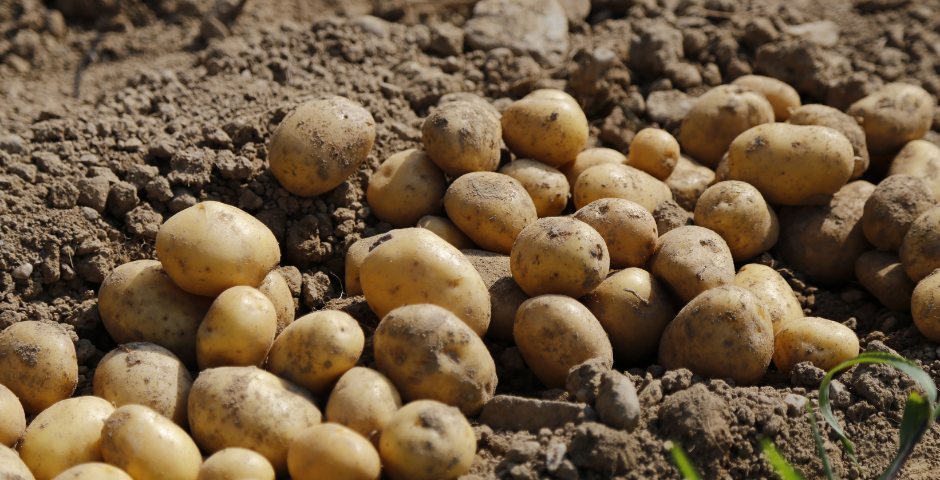Companies are powerful entities that can and should use their resources to improve society. Conscious of their potential as transformative agents, PepsiCo reached out to IDIS to support them in projects to develop and mature their Private Social Investment (PSI) initiatives. This process involves the voluntary and strategic allocation of private resources for the public good.
The first project consisted of a Social Investment Study linked to one of PepsiCo’s products. IDIS conducted a mapping of 53 organizations working on the company’s priority causes – Nutrition, hunger alleviation, family development, poverty alleviation, and children in general – in the Northeast region of Brazil, which could be supported by the company.
Following the mapping, a reflective analysis was conducted regarding the potential challenges, opportunities, and brand synergy with each of the priority causes. This process involved interviews with PepsiCo members, food security experts, and collaborators from different IDIS teams.
The cause alignment study is crucial for maximizing the impact of private social investment, as it encompasses the paths of PSI where the company can be most effective.
Cause Study: Hunger in Brazil
The second project, a partnership between IDIS and PepsiCo, focused on deepening PepsiCo’s understanding of the issue of food insecurity. The Cause Study developed by IDIS revealed some patterns: in Brazil, hunger is localized, gender-specific, influenced by race, and education level. Generally, food insecurity is more prevalent in households of family farmers, led by women, people of Black and mixed-race backgrounds, and individuals with education levels up to the 4th grade.
PepsiCo Brazil also started exploring international projects developed by the company itself that could be replicated in Brazil, such as She Feeds the World, which aims to improve food security and nutrition for poor rural families.
“PepsiCo, together with the PepsiCo Foundation, seeks to support lasting social transformation, especially focusing on populations in situations of social vulnerability. Addressing food insecurity is a top priority for the company, and with the help of IDIS, we seek opportunities to direct our resources toward actions with a positive impact,” said Livia Favaro, Corporate Citizenship Manager at PepsiCo Brazil.
Susteinable Development Goals (SDGs)
About PepsiCo
PepsiCo’s products are enjoyed more than one billion times a day in over 200 countries and territories around the world. In 2022, the company had over $86 billion in net revenue, driven by a portfolio featuring a wide variety of foods and beverages for various consumption occasions, including iconic brands that generate over $1 billion each in estimated annual retail sales. With 70 years of presence in Brazil, PepsiCo owns brands such as PEPSI®, GATORADE®, QUAKER®, LAY’S®, DORITOS®, RUFFLES®, CHEETOS®, KERO COCO®, H2OH!®, TODDY®, and others.
Guided by the vision of being the global leader in convenient foods and beverages by winning with the PepsiCo Positive strategy (pep+), the company is driving end-to-end transformation, where concern for people and the planet is fundamental to creating value and growing while operating and inspiring positive change. For more information, visit www.pepsico.com.br and follow on Twitter, Instagram, Facebook, and LinkedIn.








